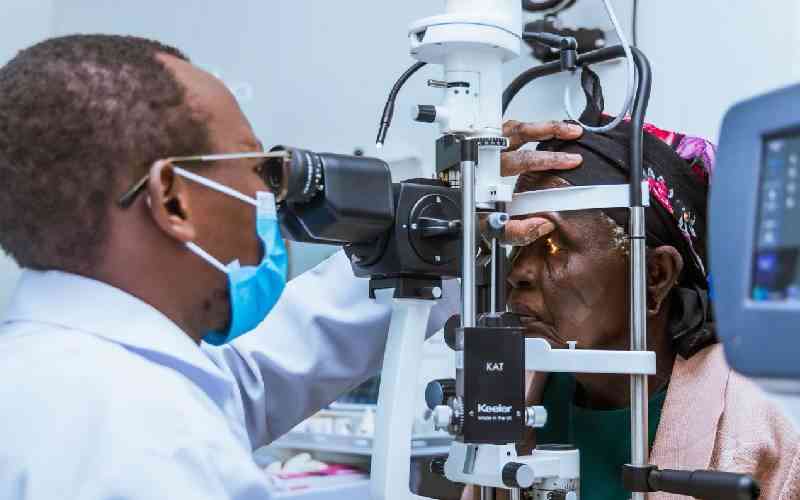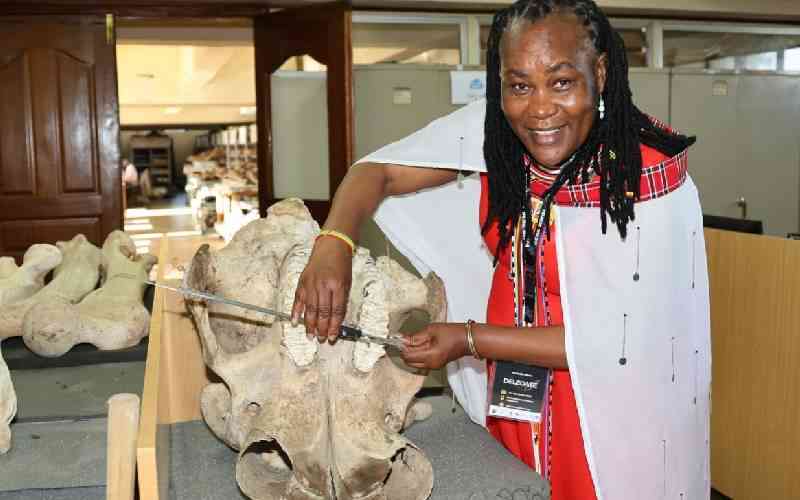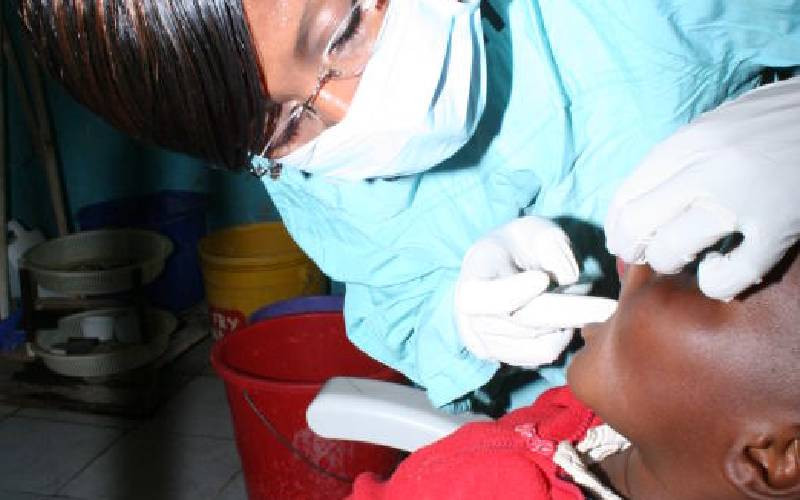
A report on the global food system has revealed that less than 1 per cent of the world’s population follows a diet that is both healthy for people and sustainable for the planet.
Did you know that adopting healthier eating patterns could prevent up to 15 million premature deaths each year and reduce global greenhouse gas emissions by as much as 20 per cent?
These findings come from the 2025 EAT- Lancet Commission report, which brought together nutritionists, climate scientists, economists, doctors, social scientists and agricultural experts from over 35 countries worldwide.
The expert team assessed the impact of the food system on human health and the environment, concluding that current food production is threatening five critical Earth systems essential for human survival.
These threats include climate change, land degradation, water stress, nitrogen and phosphorus pollution and human-made contaminants such as pesticides and microplastics.
However, shifting the food system toward healthier diets could restore these systems to safe levels while improving human health.
“If everyone ate a healthy diet, we would be able to feed 10 billion people by 2050 using 7 per cent less land than we do today,” said study author Dr Fabrice DeClerck, chief science officer at EAT.
- Land acquisition deals for carbon credits raise transparency concern, report warns
- State moves to reform radioactive waste care policies
- Nuclear power can light up Kenya but radioactive waste disposal poses risks
Keep Reading
“Never in the history of human food production have we used fewer resources to feed more people,” he added.
The scientists estimated that 6.9 billion people are over consuming foods such as meat, dairy, sugar and ultra-processed products, while 3.7 billion struggle to access healthy options.
The report recommends following the Planetary Health Diet (PHD), an eating pattern that emphasizes fruits, vegetables, nuts, legumes and whole grains.
Under the PHD, half of your plate would consist of vegetables, fruits, and nuts, 30 per cent would be whole grains, and the remainder would come from protein sources, prioritizing legumes like beans, lentils and pulses.
Meat, fish and dairy are optional, with upper limits to consumption. For example, you could eat up to 200 grammes of beef per week and still remain within the guidelines.
Dr Fabrice DeClerck emphasized that the diet can be adapted to individual needs, encouraging people to respect their own cultures and food preferences.
“If anything, we recognize that traditional diets are often better representations of healthiness,” he said.
Regarding the 1 per cent of people already following the report’s recommendations, the scientists did not specify exactly where they lived, citing wide variations within countries.
“But these people live in societies with livable wages and access to healthy diets, and they are actually consuming those diets,” said Dr DeClerck.
He added, “The best examples of healthy diets often come from middle-income countries, particularly in the Mediterranean region, the Indian subcontinent, and Southeast Asia.”
For these countries, he noted, the challenge is to resist shifting toward a more Western-style diet and instead preserve their own cultural food traditions.
“Many of us find thinking about the climate crisis daunting,” DeClerck said, “but this report offers an amazing opportunity to improve both human health and the climate at the same time.”
“It encourages you to eat a more diverse range of foods, enjoy your own culture’s contributions, explore someone else’s culture, and savour diversity,” he said.
“It’s a solution that not only benefits your individual health but also makes a massive contribution to our collective planetary health.” DeClerck called this “something to celebrate.”
Commission Co-Chair and Director of the Potsdam Institute for Climate Impact Research, Prof. Johan Rockström, said the evidence is undeniable: transforming food systems is not only possible, but essential for securing a safe, just, and sustainable future for all.
Justice was also a key theme of the report, which found that the wealthiest 30 per cent of people drive more than 70 per cent of food-related environmental impacts.
“Those of us who overconsume unhealthily are infringing on others’ rights to a safe environment,” said DeClerck.
The report calls for urgent action to transform the global food system—for the sake of human health, fairness, and the planet. Eating healthier diets could reshape food production to be kinder to the Earth while improving lives around the world.
 The Standard Group Plc is a multi-media organization with investments in media
platforms spanning newspaper print
operations, television, radio broadcasting, digital and online services. The
Standard Group is recognized as a
leading multi-media house in Kenya with a key influence in matters of national
and international interest.
The Standard Group Plc is a multi-media organization with investments in media
platforms spanning newspaper print
operations, television, radio broadcasting, digital and online services. The
Standard Group is recognized as a
leading multi-media house in Kenya with a key influence in matters of national
and international interest.











